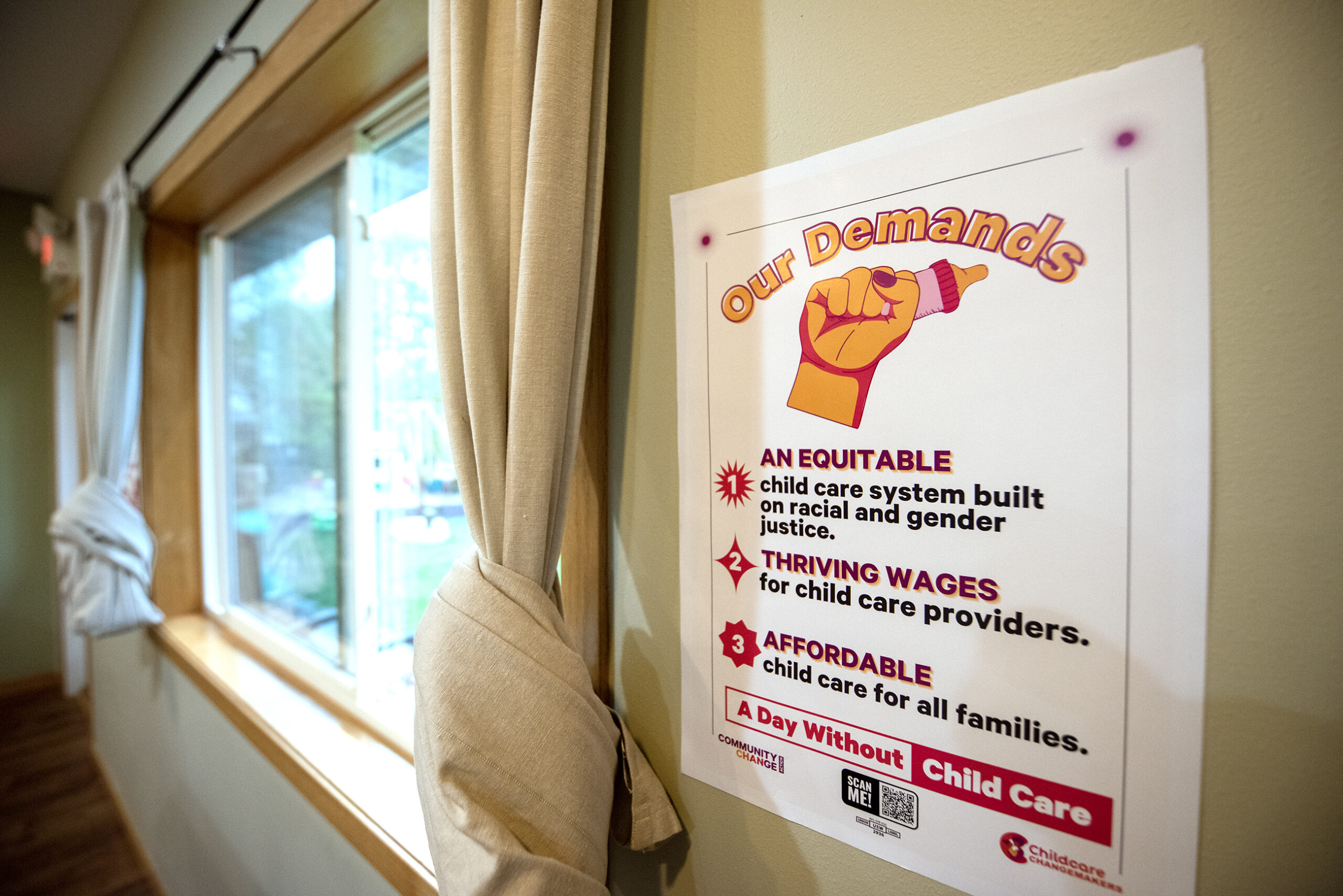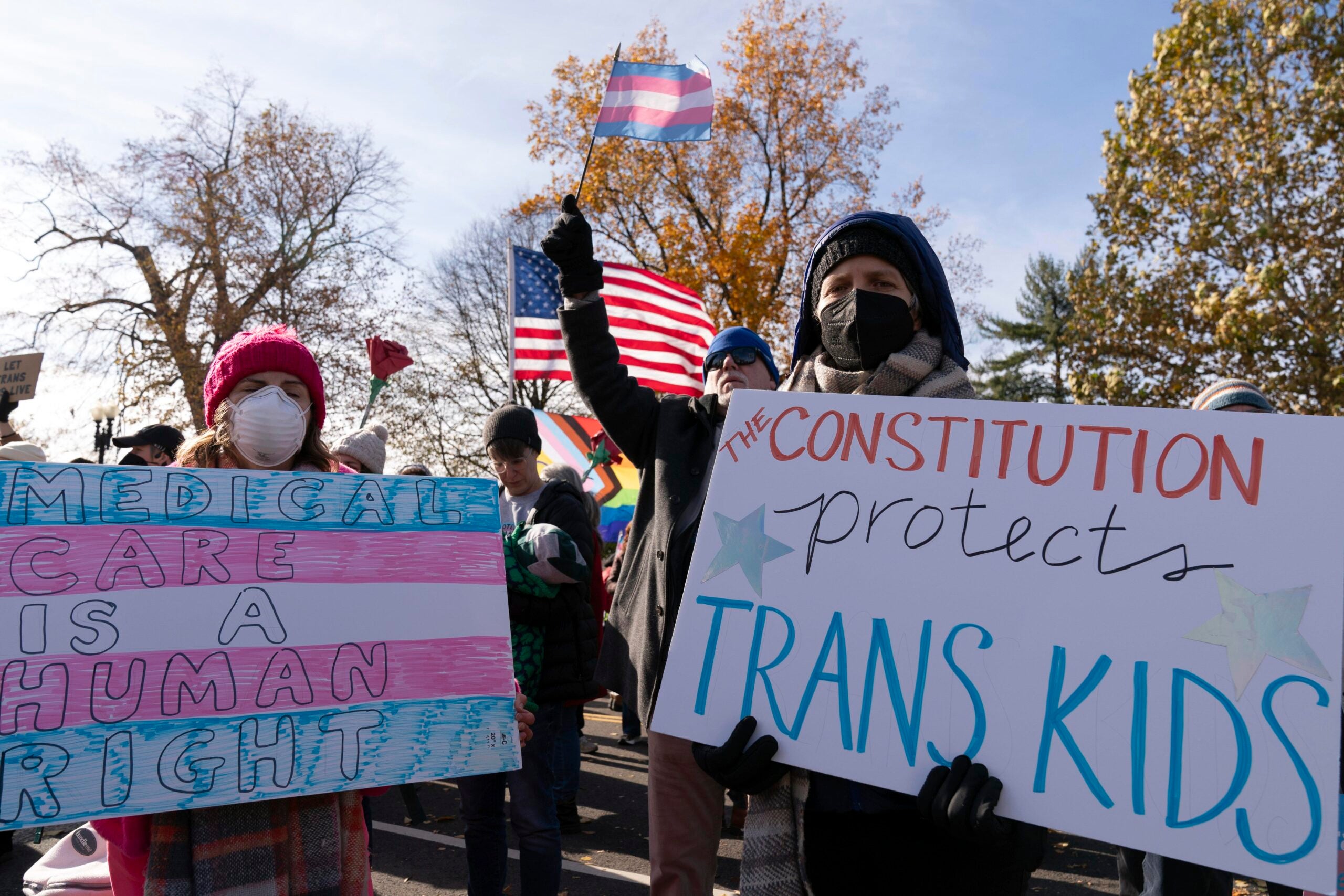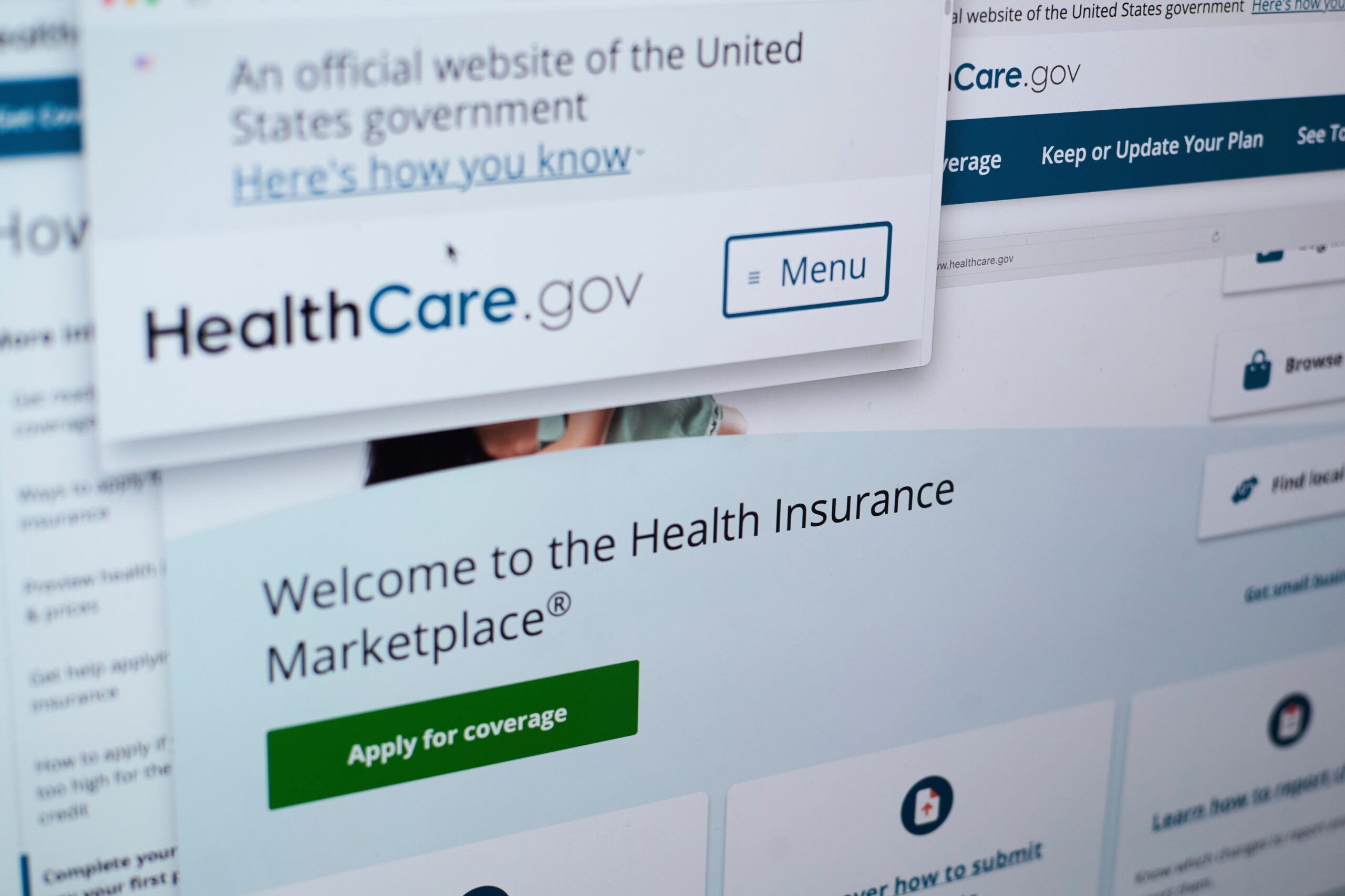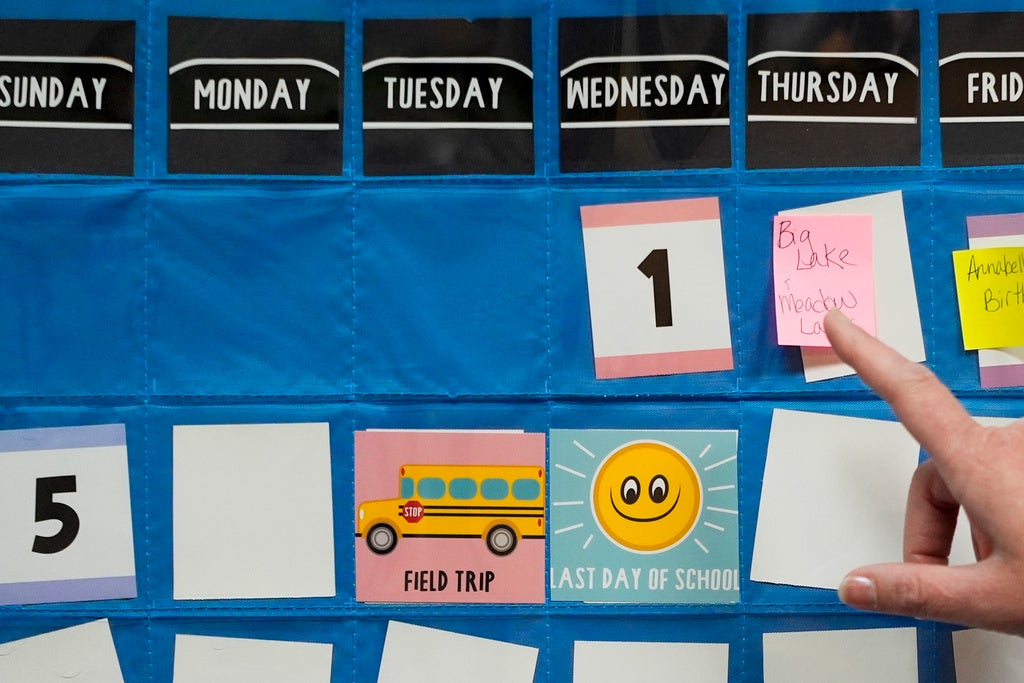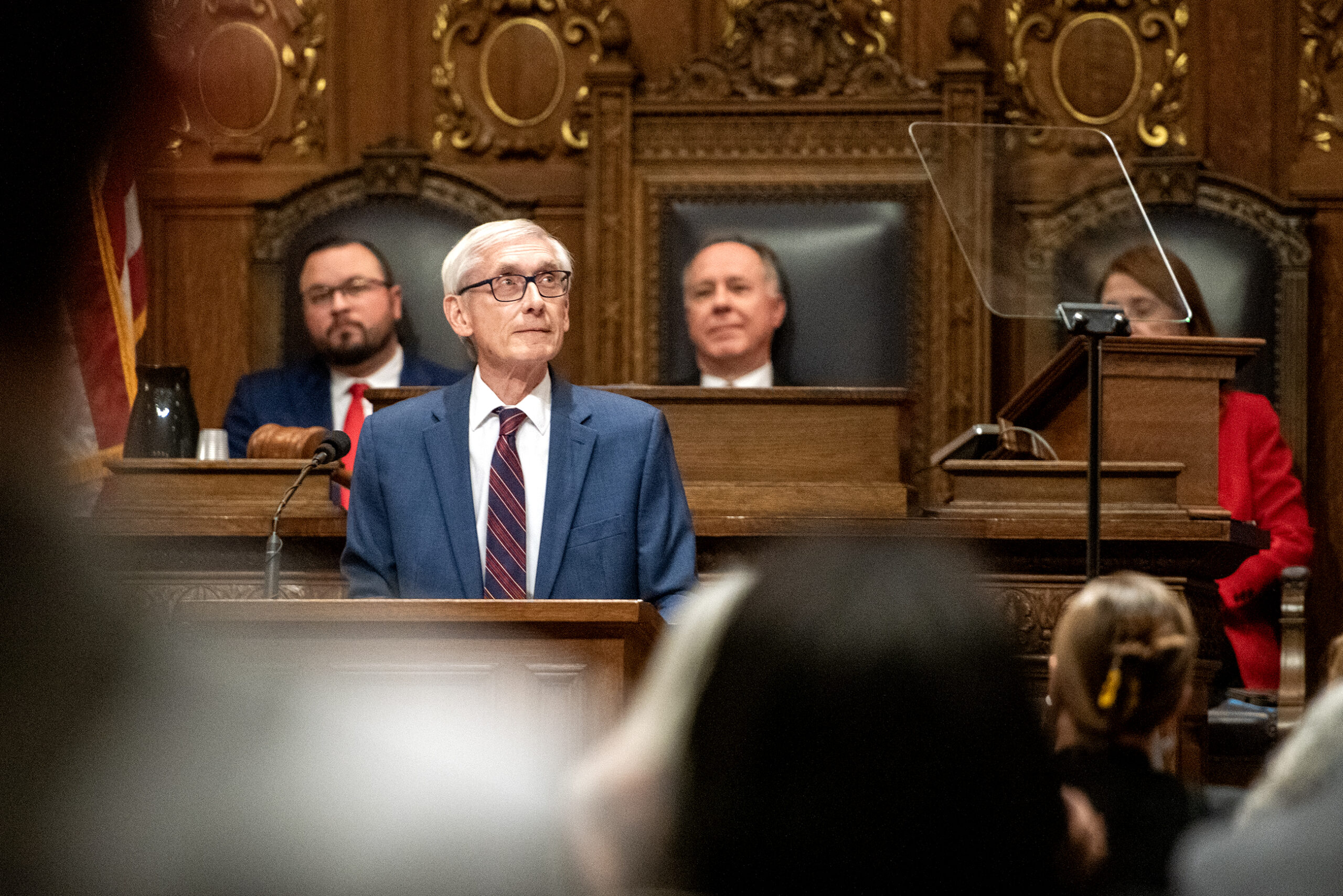Child care providers and parents guardians testified Wednesday in support of a plan authored by Gov. Tony Evers that would extend funding for child care subsidies and other workforce development proposals.
The bill reintroduces funding for programs that Evers had written into his budget proposal that were later removed by the Legislature’s Republican-led budget writing committee. It would extend a pandemic-era child care subsidy, establish a paid family and medical leave system and provide grants for the University of Wisconsin System and workforce development programs.
Evers ordered a special legislative session for lawmakers to consider the proposal last month. Lawmakers ended the session quickly, but Republicans in the state Senate referred the bill to committee, saying they were following proper legislative process.
News with a little more humanity
WPR’s “Wisconsin Today” newsletter keeps you connected to the state you love without feeling overwhelmed. No paywall. No agenda. No corporate filter.
At the Wednesday public hearing of the Senate Committee on Economic Development and Technical Colleges, child care providers said that subsidies they received during the pandemic had been critical to keeping their businesses open, but that the crisis in their industry predates that.
“I don’t know that I could have gotten through the pandemic, I don’t know that I could be talking to you today without that support of that program,” said Renae Henning, who runs a child care facility in Beaver Dam.
Evers’ bill calls for about $340 million annually to continue the Child Care Counts program, which used federal COVID-19 relief dollars to subsidize child care provider wages and keep costs stable.
Henning said that, without the influx of public dollars, her nonprofit will have to raise costs for parents of infants in an area that is considered a child care desert, meaning there are three or more children for every one available slot in a licensed facility.
“When you’re looking at your rural county and the jobs that are there and what people can afford, this is going to hurt,” Henning said. “We’re going to see a lot of that economics trickle down, I feel, if this program goes away.”
Republicans on the committee argued that businesses should not have to rely on the government in order to succeed.
“What has saddened me today is the loss and lack of faith that it appears we have come to have in our individuals, our fellow Americans, that they can’t step up, and … take on these responsibilities,” said Dan Knodl, R-Germantown. “We just want to keep providing and put more and more government in there, which is going to lead to turning our children over to government.”
Rather than supporting the Democratic subsidy program, Republicans have introduced their own slate of bills aimed at addressing the child care crisis, which would increase ratios of adult staff to children and allow 16-year-olds to work as assistant child care providers.
Emilie Amundson, the secretary of Wisconsin’s Department of Children and Families, warned about the consequences of allowing child care facilities to shutter and likened the industry to investing in infrastructure.
“When parents have to reduce work hours or leave their jobs entirely due to increasing tuition resulting in lack of affordable child care, or workers leave the child care industry because of low wages and lack of benefits, there are widespread impacts for children’s wellbeing, for family and economic security and local and state economies,” she said.
Evers’ special session bill includes other workforce development proposals, including putting more than $66 million toward the UW System for operating costs and to offset inflationary costs and $160 million for programs and grants aimed at improving the health care workforce.
Wisconsin Public Radio, © Copyright 2025, Board of Regents of the University of Wisconsin System and Wisconsin Educational Communications Board.

